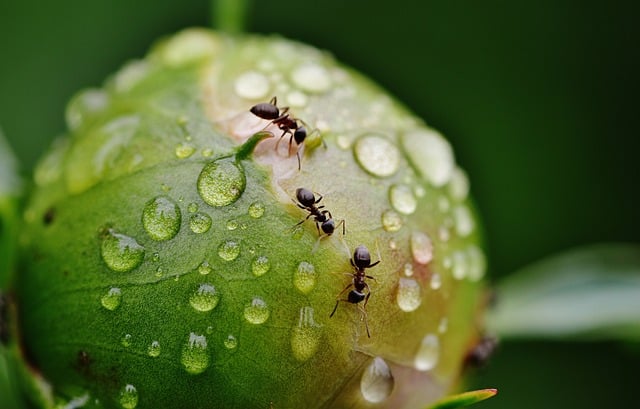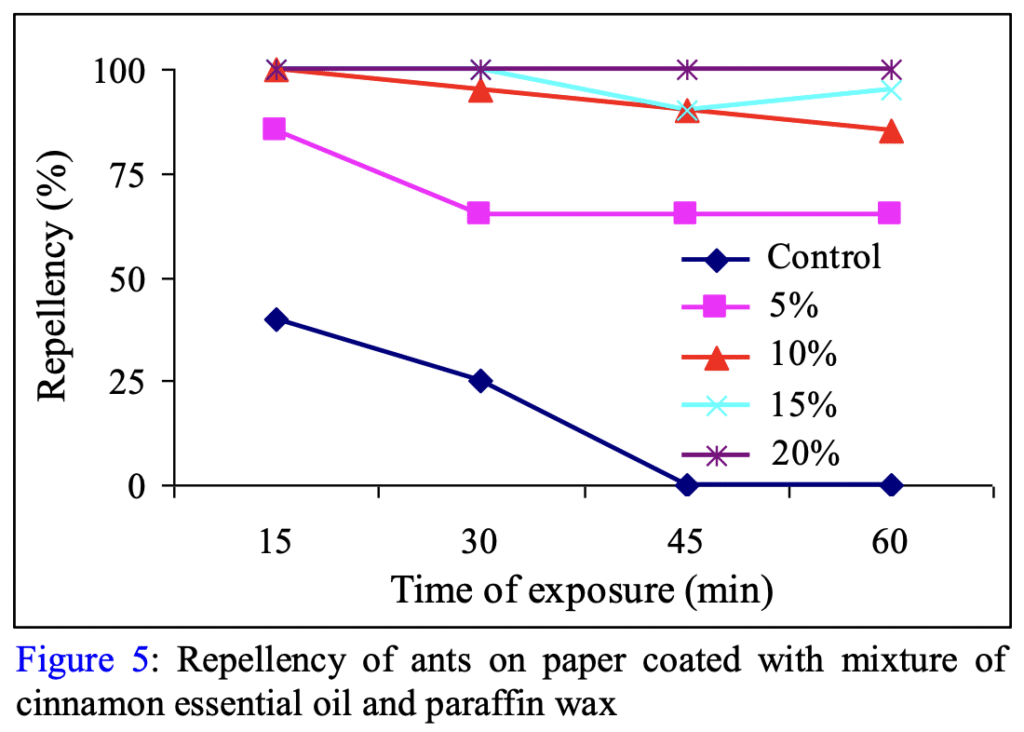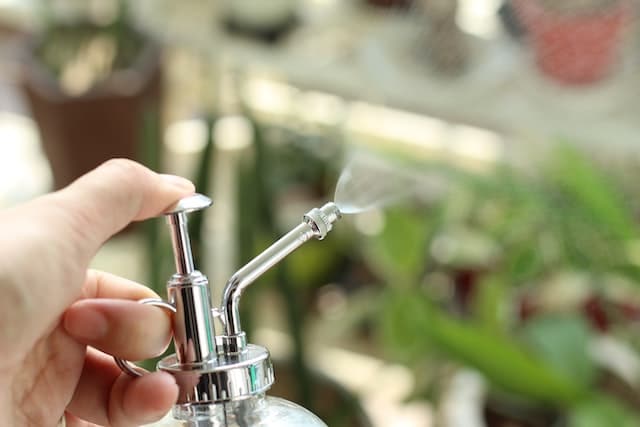Introduction – Organic Ant Removal
Ants can be a real mess if you don’t know how to control them. Luckily, you can use a variety of ants traps, and some work much better than others. There are many ant killer sprays available in the market, making things a lot easier. But these ant killers contain harmful chemicals that cause serious health problems in the long term. It is a good idea to try natural remedies for treating the ants’ problem. Eco-friendly ant killer is a great option and doesn’t harm the environment.

Ants are most common in gardens and can wreak havoc if they enter your home. Luckily, there are a variety of ant traps that you can use to control ant infestations. Some types of ant bait work much better than others, so it is important to try out different solutions until you find one that works for you.
You can also try natural remedies like an eco-friendly ant killer spray or powder, which are generally safer and don’t contain harmful chemicals. However, these treatments may take longer to be effective, so you may have to be patient before the ants completely disappear from your property. Ultimately, the key to dealing with an ants problem is finding a solution that works for you and using it consistently over time.
Eco-Friendly Ant Killer
You can make environmentally friendly ant killer at home using simple ingredients like vinegar, soap, and borax. Simply mix these ingredients in a spray bottle and apply the solution directly to ants or ant trails to kill them. Be sure to reapply regularly until the infestation has been eliminated. Here are 7 eco-friendly ant-killer recipes that you can try:
1. Vinegar And Soap Solution
The vinegar’s acidity helps to weaken the ant’s exoskeleton, while the soap breaks down its protective outer layer and suffocates them. Best of all, this solution is completely eco-friendly and safe for pets and children. To use it as an ant killer, mix vinegar and liquid soap in a spray bottle and apply it directly on ant trails or nests. Mix 1 part vinegar with 3 parts water and add a few drops of dish soap to the solution. This simple mixture is an effective ant killer and will help keep ants away from your home or garden.
2. Borax, Sugar, And Water Solution
Borax is a natural mineral that helps to kill ants by dehydrating them. Mix 1/4 cup of borax and 3 tablespoons of sugar in a container to make an effective ant killer with borax. Then, add water gradually until you have produced a thick paste. Finally, apply the mixture directly onto ant trails or nests to kill ants quickly and naturally.
3. Cinnamon Oil Solution
A study conducted by researchers at the Universiti Teknologi MARA Perlis in Malaysia showed that cinnamon oil in increasing concentration up to 20% showed repellency activity against ants. The first part of the paper carried out a purification study of isolating real cinnamon oil from tree bark. The second part used this natural oil as a repellent agent. It’s not clear if you buy cinnamon oil online, whether the same effect be achieved. Your best bet is to try it out and report it.

To get to the same conditions as the study used, you will need to have a solution of 10-20% by weight in cinnamon oil and the rest in another solvent. Roughly, this means if you want a cup of spray solution, you’ll want a cup of solvent and then 2 tablespoons of cinnamon oil. We suggest that you mix the cinnamon oil with an alcohol solvent like ethanol or propanol. For best results, spray this in the area that you want to repel the ants.
4. Citrus Oil Solution

Because of their strong and pungent aroma, you can use citrus oils to repel ants. To make an effective citrus-based ant killer, add 2 cups of water with 20-40 drops of lemon or orange essential oil in a spray bottle. Shake well before applying it around your home or garden as needed, making sure to reapply every couple of days for maximum effectiveness.
This solution will not “kill” ants, but rather repel or deter them. It might be useful in preventing ants from entering a particular area but not as effective in eliminating a large, established ant colony.
Additionally, while this solution is eco-friendly, it should still be used with caution around pets and children. Even though essential oils are natural, they can be toxic if ingested or applied directly to the skin. Always test a small area first if you’re spraying this solution on surfaces, as it could potentially stain or damage some materials.
5. Diatomaceous Earth
Diatomaceous earth is a naturally occurring sedimentary rock made up of the fossilized remains of diatoms, small aquatic organisms. It is a fine white powder that is odorless, non-toxic, and has many uses. It is used in a variety of industrial, commercial, and home applications, including as a filter aid, abrasive, absorbent, and insulation material. A study by researchers at the University of Florida published in Pest Science 2006 reported on the effects of diatomaceous earth as an insecticide against cockroaches and silverfish and concluded there was a killing effect.

To use it as an ant killer, simply sprinkle a thin layer of diatomaceous earth along the areas where ants are present, making sure to reapply regularly until the infestation has been eliminated.
6. Peppermint Oil Solution
The strong scent of peppermint oil acts as a natural deterrent for ants, causing them to avoid treated areas. The solution can also clean surfaces where ants may have previously been, eliminating any remaining scent trails. Mix 1 part water with 10-20 drops of peppermint essential oil in a spray bottle, then shake well before using as needed around your property. This simple solution can not only help you control ant populations, but it also helps protect the environment by avoiding the use of harsh chemicals.

7. Other Essential Oils
Essential oils like clove, tea tree, and eucalyptus oil can be used as natural ant killers due to their strong antibacterial and anti-fungal properties. To use these oils as an effective ant killer, combine 2 cups of water with 15-30 drops of your preferred essential oil in a spray bottle. Shake well before applying the solution directly onto ant trails or nests for quick and easy results. Whether you are dealing with ants in your garden or home, using one (or more) of these eco-friendly solutions is a great way to get rid of them naturally and keep them out for good.
Whatever method you choose, it is important to remain persistent and keep working until your ants’ problem is resolved. If you’re willing to spend a little time and energy, you can get rid of ants both inside and outside your home!
If you are dealing with a large-scale ant problem, you may also want to try some commercial ant traps or bait stations. These products contain powerful chemical compounds that can quickly eliminate large numbers of ants, but they may be more harmful than natural remedies and should be used cautiously.
The Benefits Of Using Eco-Friendly Ant Killers
Using an eco-friendly ant killer is the best option for human health and the environment when it comes to taking care of ants in your home or garden. Eco-friendly killers, such as borax and vinegar, work as effectively as chemical options without risking contamination and harmful side effects.
In addition to being safer for humans, eco-friendly ant killers also pose less risk for wildlife and plants. Chemicals can seep into soil and water, causing harm to ecosystems. Eco-friendly ant killers are also more cost-effective, as they can often be made home with common household ingredients. So next time you’re dealing with a pesky ant problem, opt for an eco-friendly solution that will benefit you and the planet.
Wrapping Up
In conclusion, many effective and natural methods exist for controlling ants in your home or garden. Whether you use diatomaceous earth, essential oils, or another method, the key is to be persistent and stick with it until your ant problem has been resolved. If you’re willing to do a little research and put in some time and effort, you can effectively get rid of ants naturally – without relying on harsh chemicals that can harm both humans and the environment.
